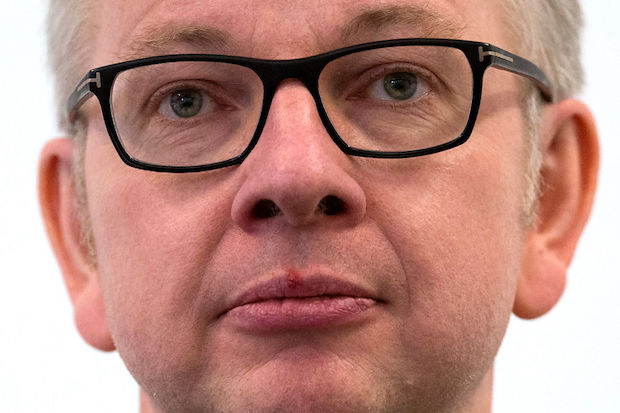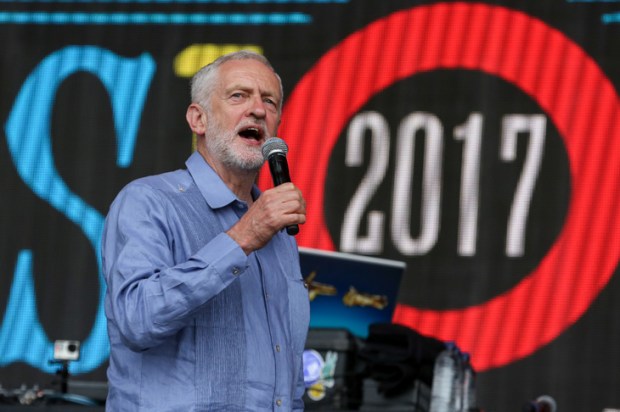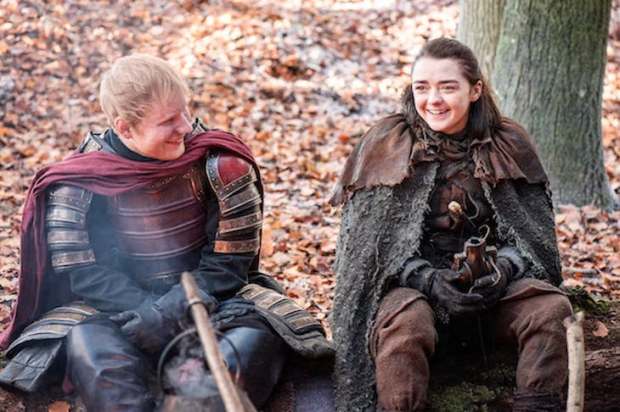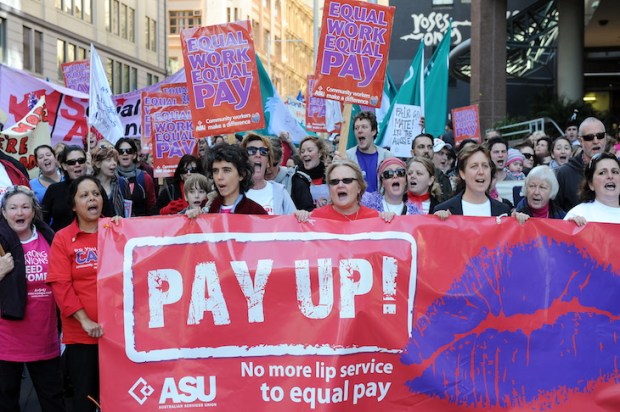I’m writing this from the Conservative Party Conference in Birmingham where the mood is buoyant, to put it mildly. Everyone seems delighted with the new captain and completely unfazed by the perilous waters ahead. If anyone is sad about the demise of David Cameron and some of his key lieutenants they’re not letting on. It’s a case of Le roi est mort, vive le roi!
In my spare time I’ve been reading Craig Oliver’s referendum diary, Unleashing Demons, and reflecting on the events that led to Cameron’s demise. As a Remainer, Oliver is in no doubt about why his side lost: the mendacity of the Leave campaign. His lot were honourable men, constrained by the facts and their human-decency, while the other lot were despicable liars for whom no blow was too low. And the book has a villain, someone who embodies the immorality of his opponents. No, not Nigel Farage or Boris Johnson, neither of whom he takes particularly seriously. But Michael Gove. It is Gove wot won it, according to Oliver. He regards him as a sort of evil genius, lacing the Leave campaign with a combination of-‘brilliance and-poison’ that bewitched the British public. He is the demon that the-referendum unleashed.
Exhibit A in Oliver’s case is the assurance Sarah Vine supposedly gave to Cameron when the Goves were staying at Chequers last Christmas that Michael wouldn’t break ranks. He mentions this at least half a dozen times in the book, clearly regarding it as the height of dishonesty. Sarah, whom Oliver portrays as a Lady Macbeth figure, denies this, claiming she was deliberately vague when the subject came up in conversation. According to her, she may have said nothing to prevent Cameron jumping to the conclusion he did, but was careful not to say anything that could lead to subsequent accusations of deception.
What’s odd is that Cameron was so willing to believe it. After all, Gove has never made any secret of his Euroscepticism and strongly advised him not to hold the referendum. Did it not occur to Cameron that one of the reasons Gove didn’t want one was because it would lead to them falling out? My reading is that Cameron’s judgment was clouded by his position as the silverback gorilla in the relationship, as well as a touch of aristocratic hauteur. He just assumed Gove would defer to him because of his inferior status, both politically and socially. He was Thomas Cromwell to Cameron’s Henry VIII.
Oliver claims to have spotted signs of Gove’s vaulting ambition that his boss failed to notice, such as the time they all went to visit a free school together and Gove asked Cameron about the difficulties presented by Boris’s return to the House of Commons. Wouldn’t that enable Boris to start building a power base on the backbenches? Cameron dismissed these concerns, saying it would be a problem for George Osborne, his putative successor, not for him.-Oliver writes: ‘I could see that, as the PM went back to his work, Gove looked crushed. It struck me at the time that he hated being dismissed as a potential leader by this casual comment —even though DC did not realise what he was doing.’
This view, that Gove always harboured leadership ambitions in spite of his avowals to the contrary, and his decision to campaign for Leave was at least partly motivated by this, is the central plank of Oliver’s case against Gove, but I don’t buy it. It requires us to believe that Gove’s decision to first become Boris’s campaign manager, then throw his own hat into the ring a few days later, was a fiendish, premeditated plot, when no plotter could possibly be that stupid, particularly not Gove. If he had always been clear in his head about wanting to be the leader, Gove wouldn’t have made all those avowals in the first place and would have declared himself as a candidate the day after the referendum. In those circumstances he would have had a decent shot. But the manner in which he entered the race guaranteed he would lose. His downfall was his failure to plot — a lack of serious ambition, not a surfeit of it. He didn’t realise he wanted the crown until it was too late.
The lesson of Oliver’s book, which is an entertaining read in spite of his loathing of Gove, is that mixing friendship and politics is dangerous. For Tories, loyalty to country will almost always trump loyalty to friends — and that can be heartbreaking, as Cameron has learned.
Got something to add? Join the discussion and comment below.
Get 10 issues for just $10
Subscribe to The Spectator Australia today for the next 10 magazine issues, plus full online access, for just $10.















Comments
Don't miss out
Join the conversation with other Spectator Australia readers. Subscribe to leave a comment.
SUBSCRIBEAlready a subscriber? Log in